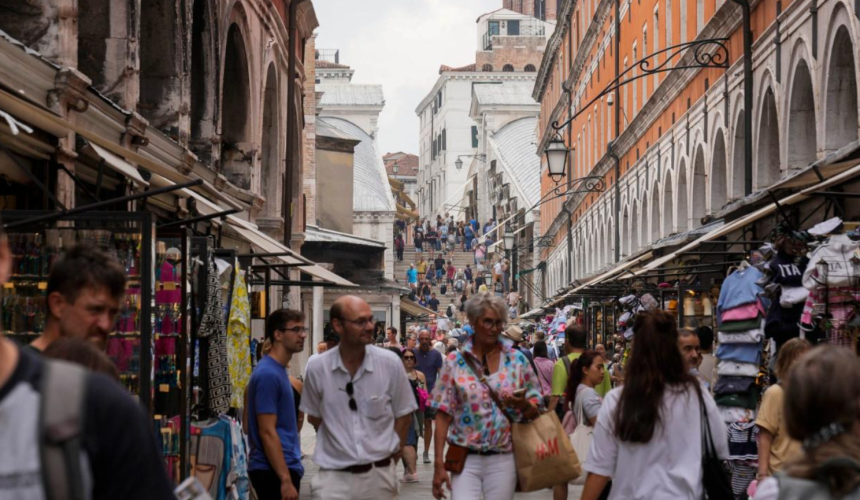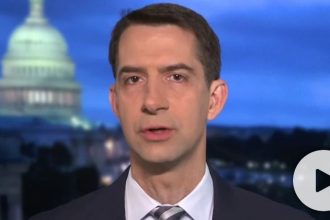Tourists visiting Venice will be charged a €5 (£4.35) per person admission fee during peak seasons beginning in the spring, according to the mayor of the World Heritage city. As the lagoon city prepares to begin the disputed tourist tax program, Luigi Brugnaro confirmed the dates on which tourists would be paid to enter.
With the exception of June 1-2, the admission fee will be applied to 29 days in 2024: April 25-30, May 1-5, and all following weekends until July 14. With so many visitors, Venetians believe that the cost will either discourage them from arriving or inspire them to spend more than a day touring Venice’s canals, bridges, and palazzi.
People who stay in La Serenissima, as the city is called, for more than one night will be free from the levy, which the Venice authorities are calling “a contribution to access.”
Visitors will be able to pay the admission charge online and obtain a QR code.
Venetian officials will randomly examine them at eight entrance points across the city to ensure they have got the pass.
Anyone discovered without the QR code will be fined up to €300.
“This is an experiment that has never been tried anywhere in the world,” stated the man.
“Venice is complex and fragile, but it is a living city, and we have the obligation to take measures because in the historic centre, during certain times of the year, there is overcrowding and we need to address it.”
He emphasized that it was not a money-making plan, claiming that the costs of executing it would be larger than the cash obtained.
He insisted that Venice would never be “closed” once a certain number of tourists had been reached, but that it was critical to strive to lessen the crowds.
He conceded that implementing the program would be difficult, adding, “There will be problems for sure, no one in the world has ever done this, but we are humble enough to think that as we try it, we may have to make corrections.”
After years of delays caused by the Covid epidemic and fierce discussion over whether it will have any effect on the millions of visitors who visit the lagoon city each year, the admission price was eventually authorized in September.
Critics of the idea question if a €5 fee – less than the price of a glass of wine in most Venetian establishments – will prevent many visitors.
When the legislation was passed by the city council, Giuseppe Saccà of the Democratic Party of the Centre-Left declared, “Venice will be the first city in the world where you have to pay to enter.” But would people actually opt to save €5 instead of seeing Venice?”















